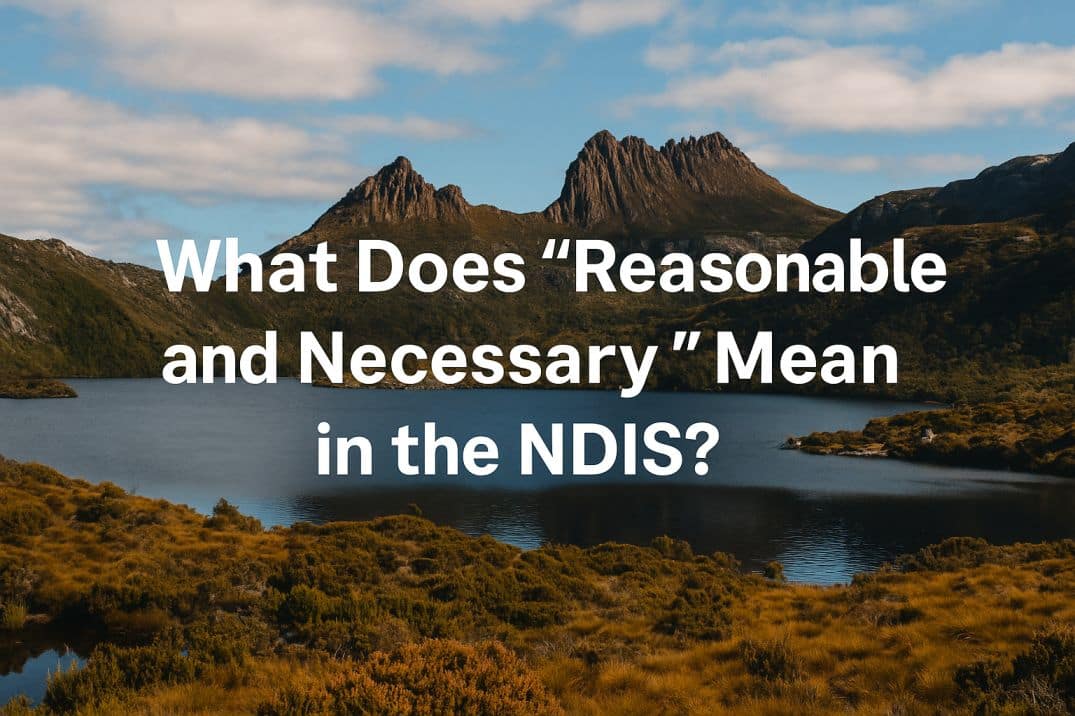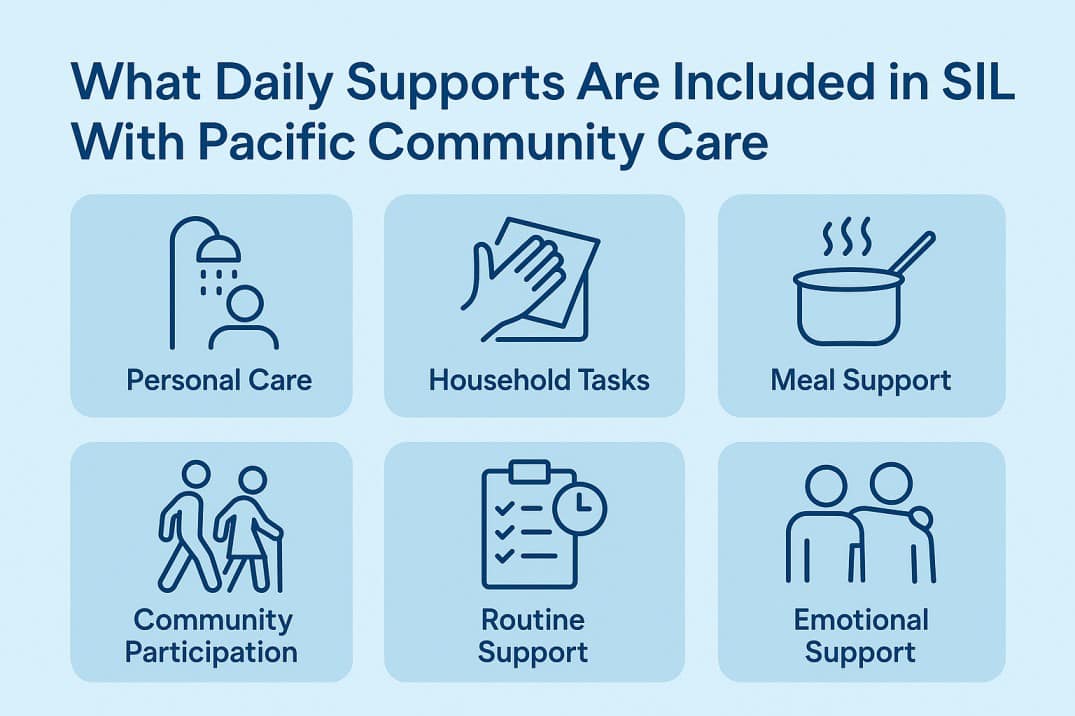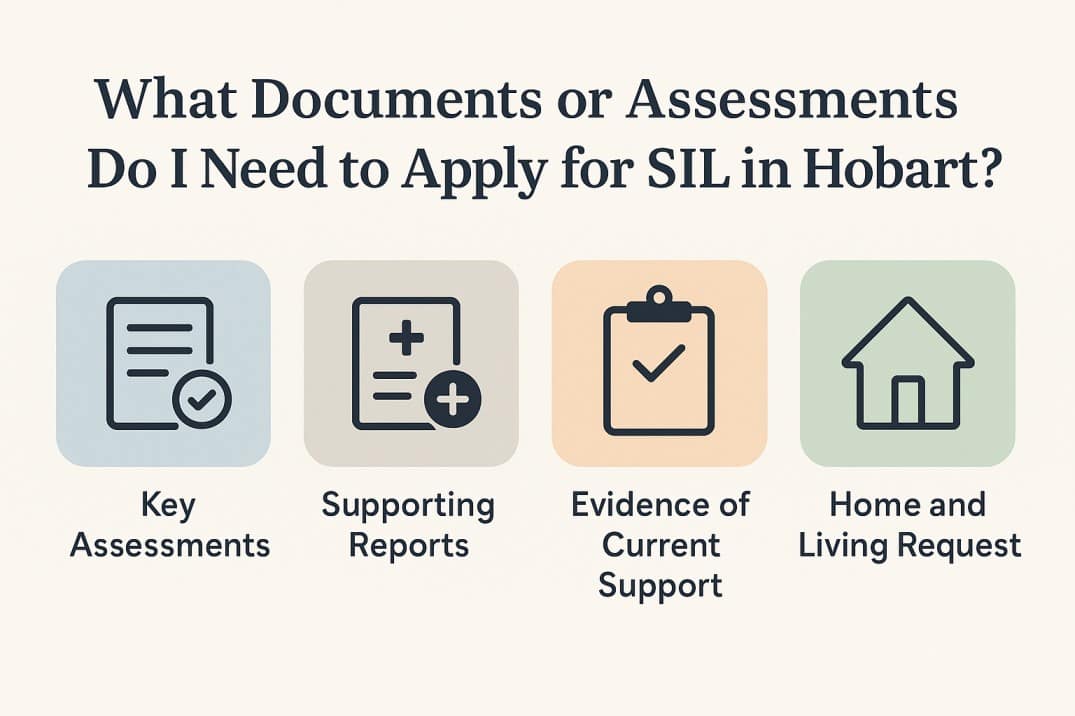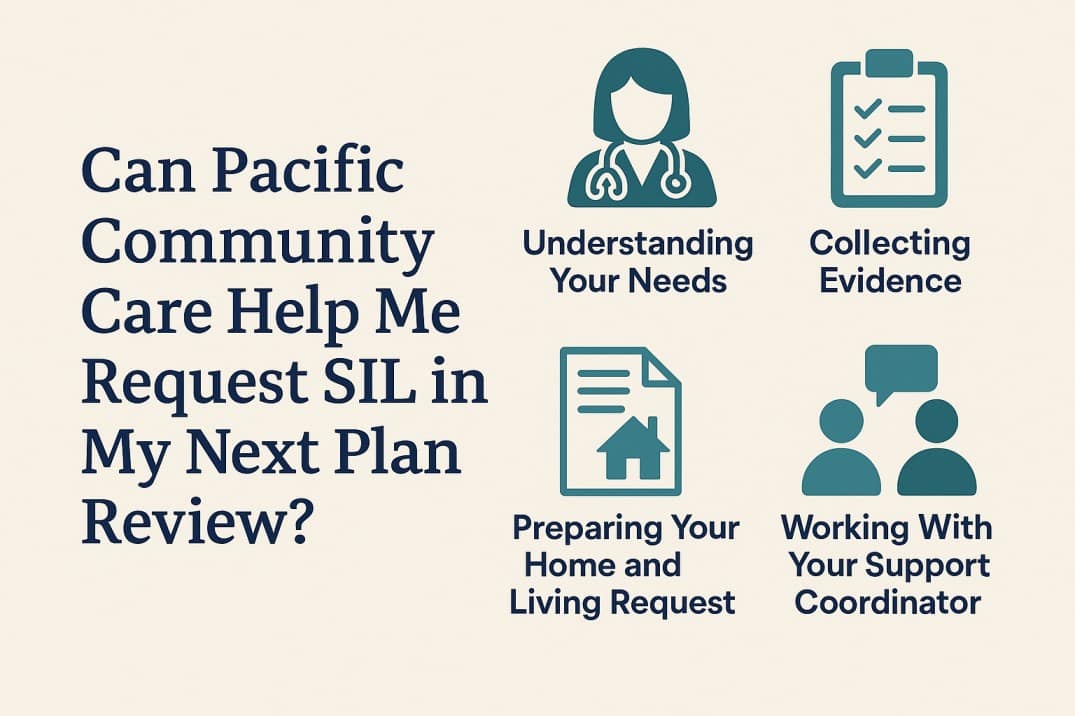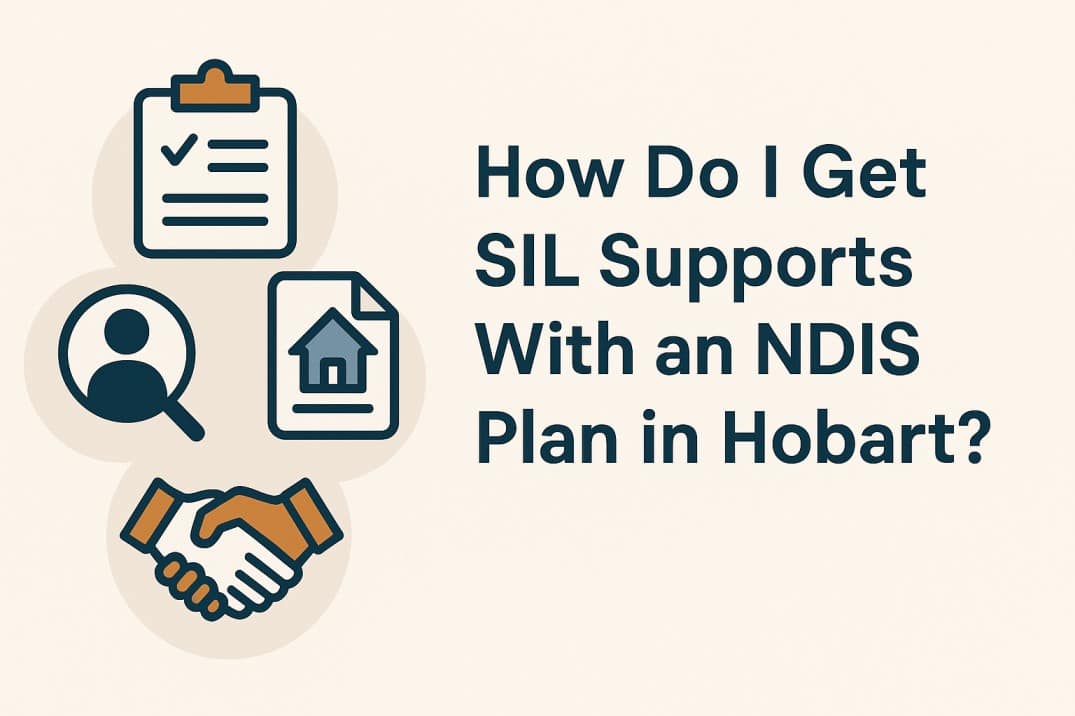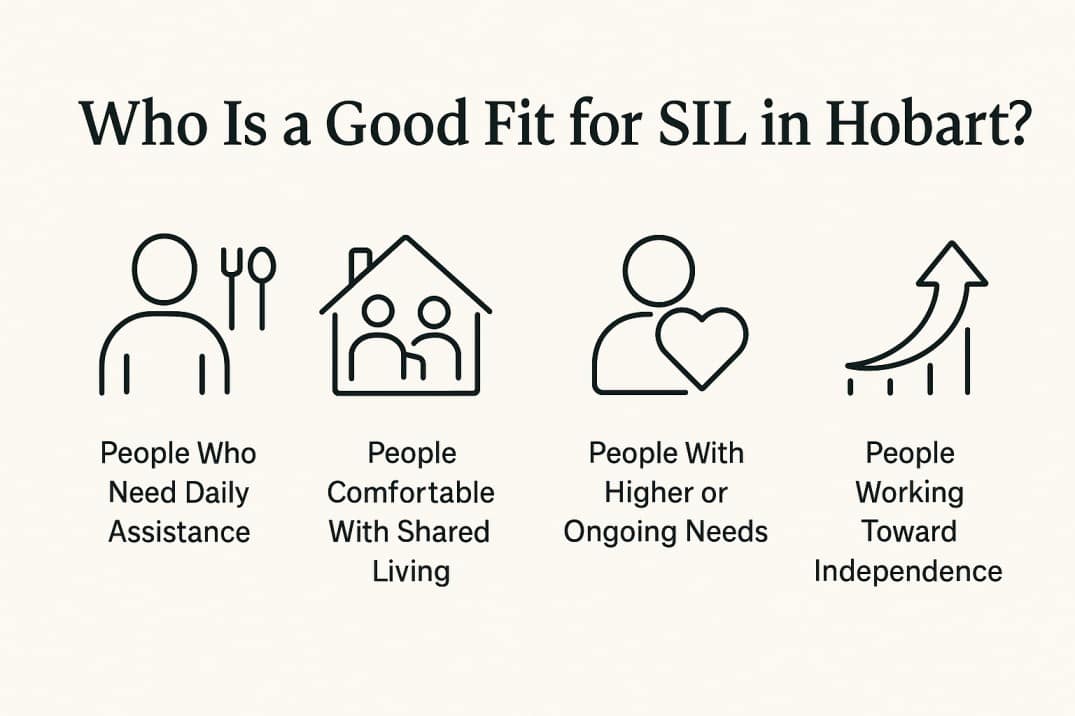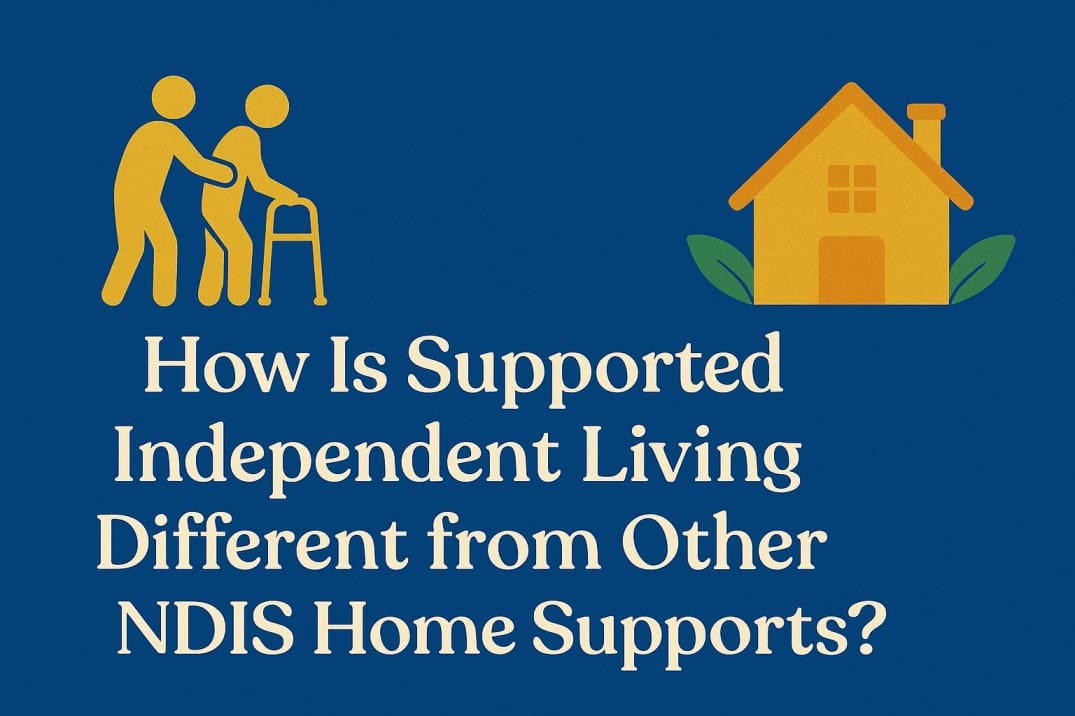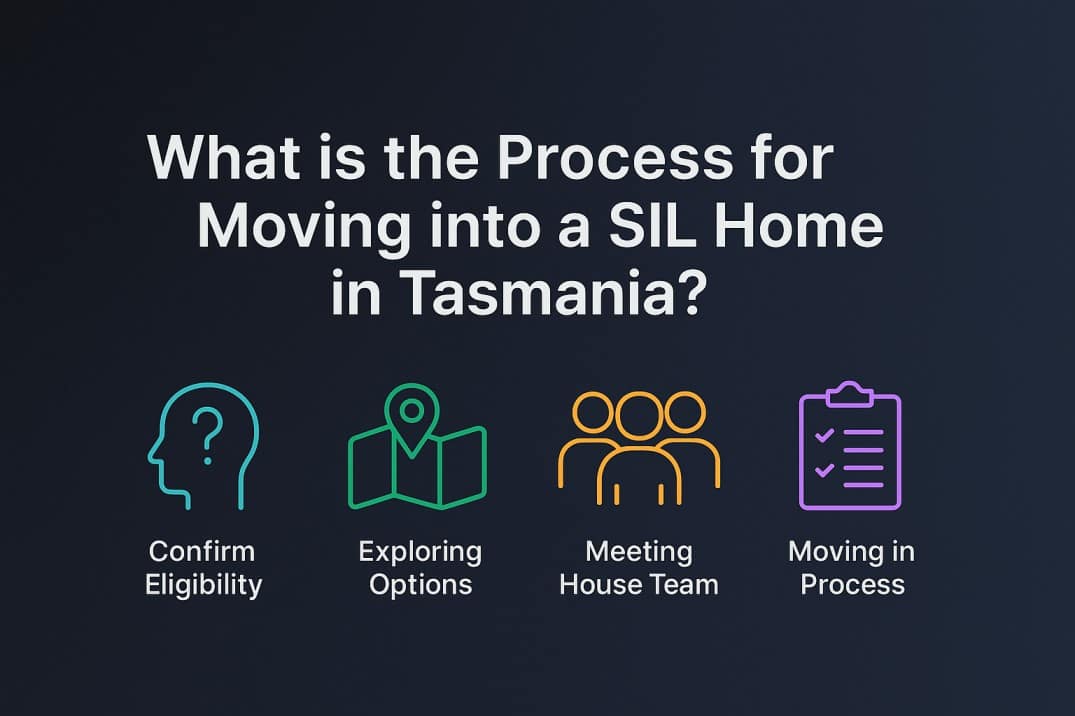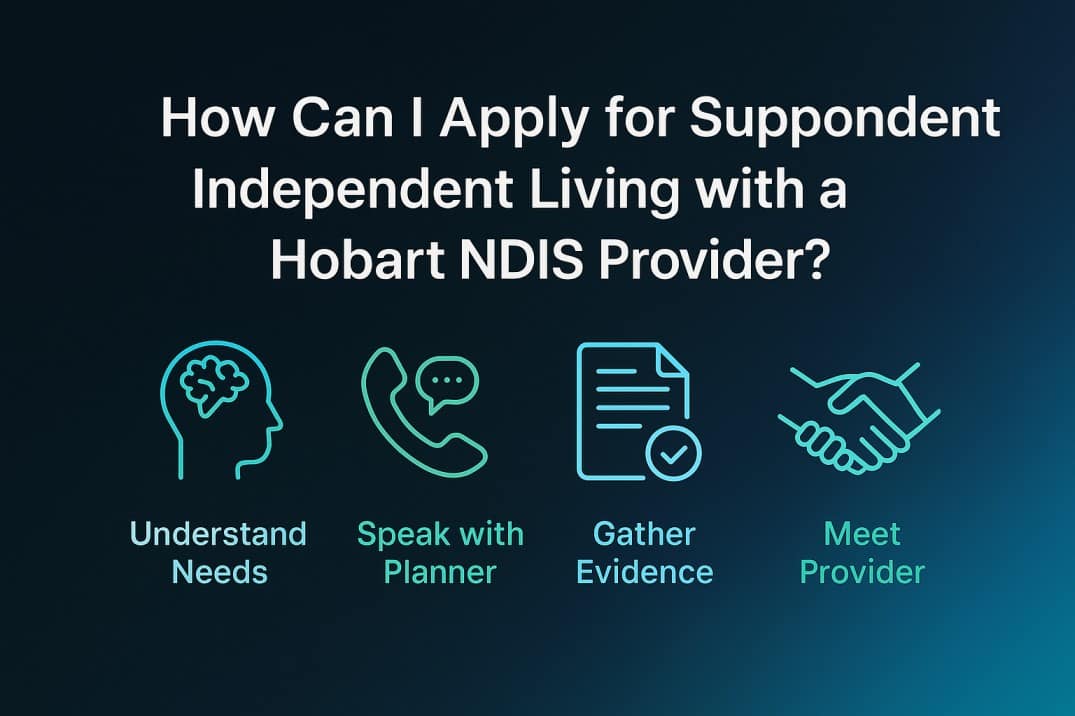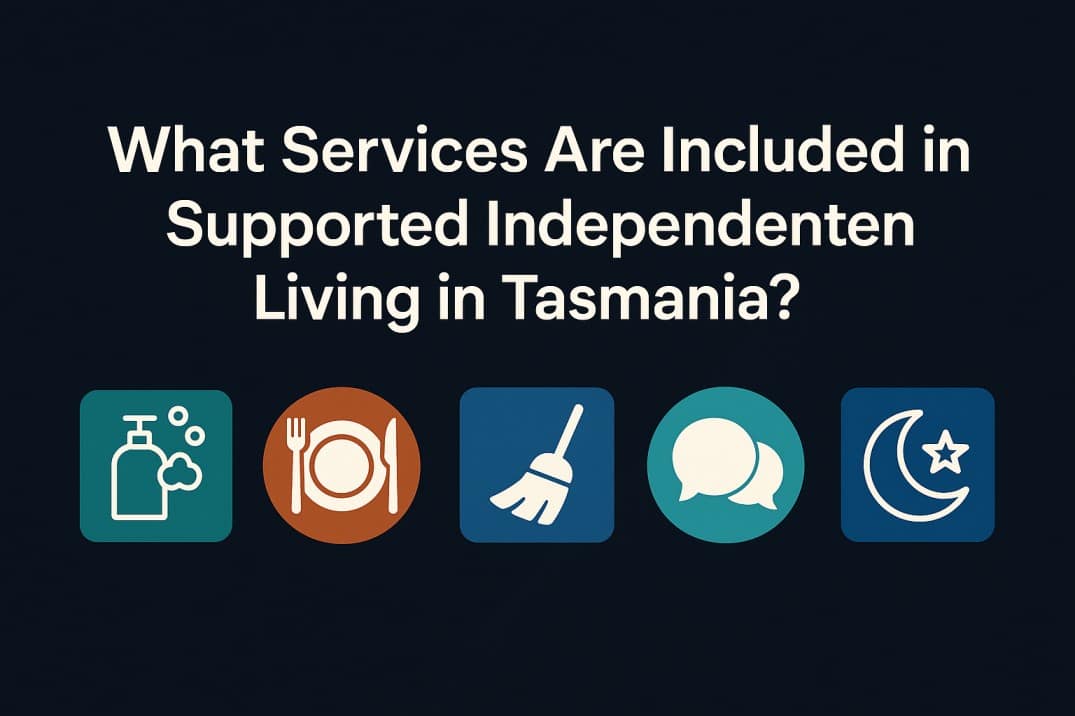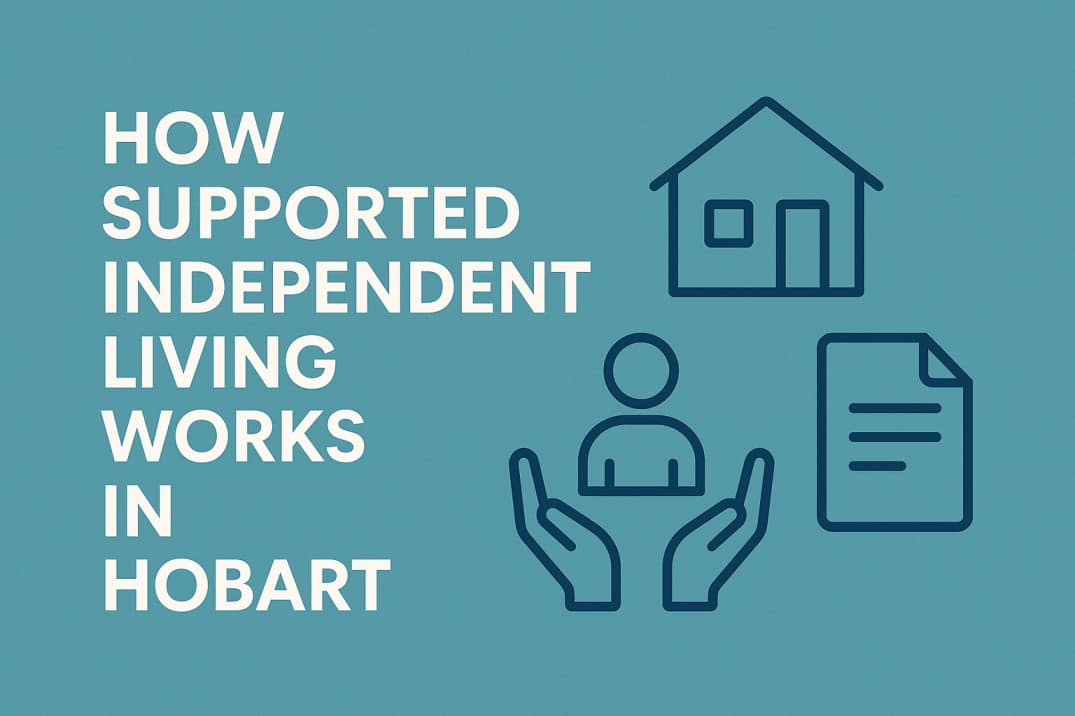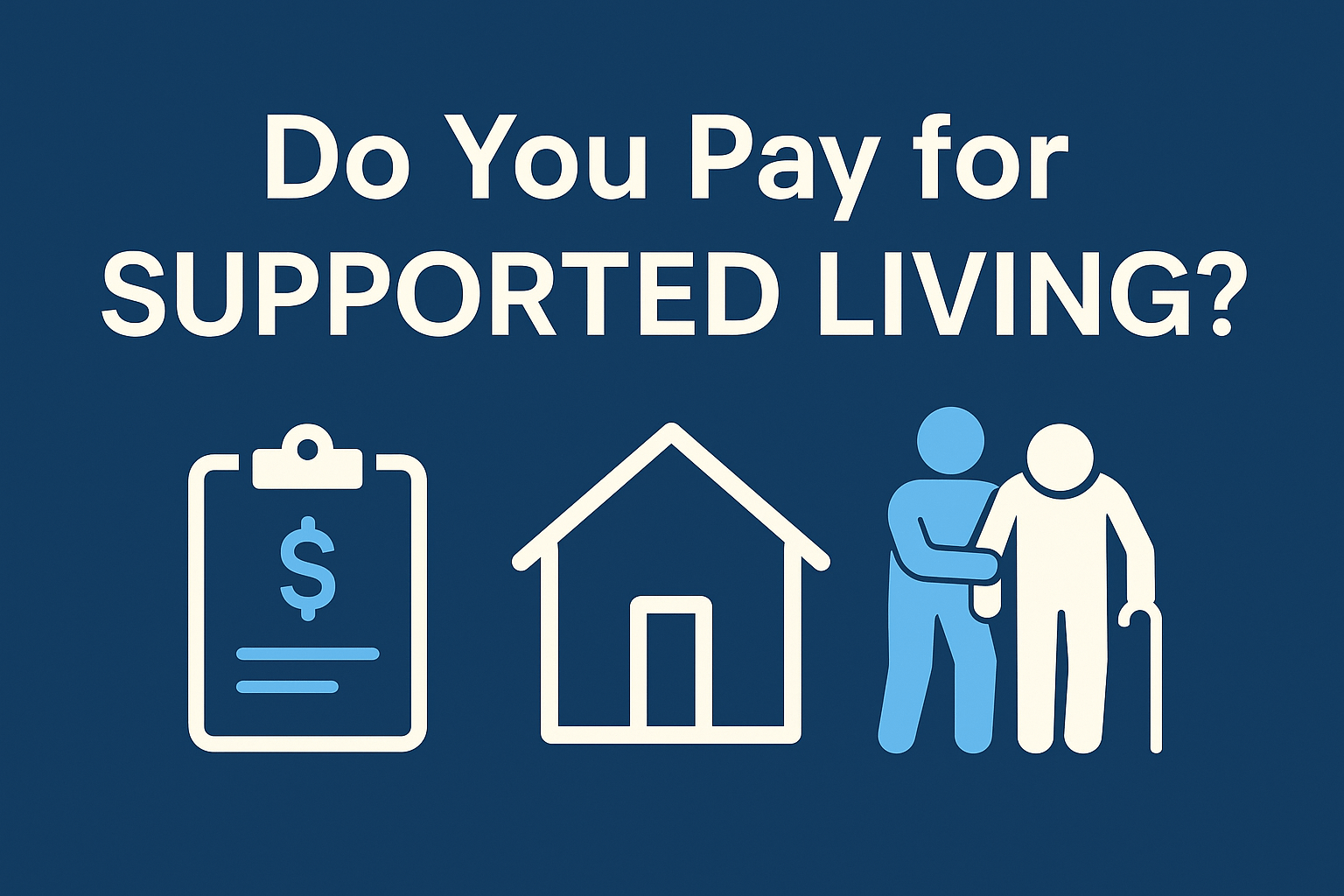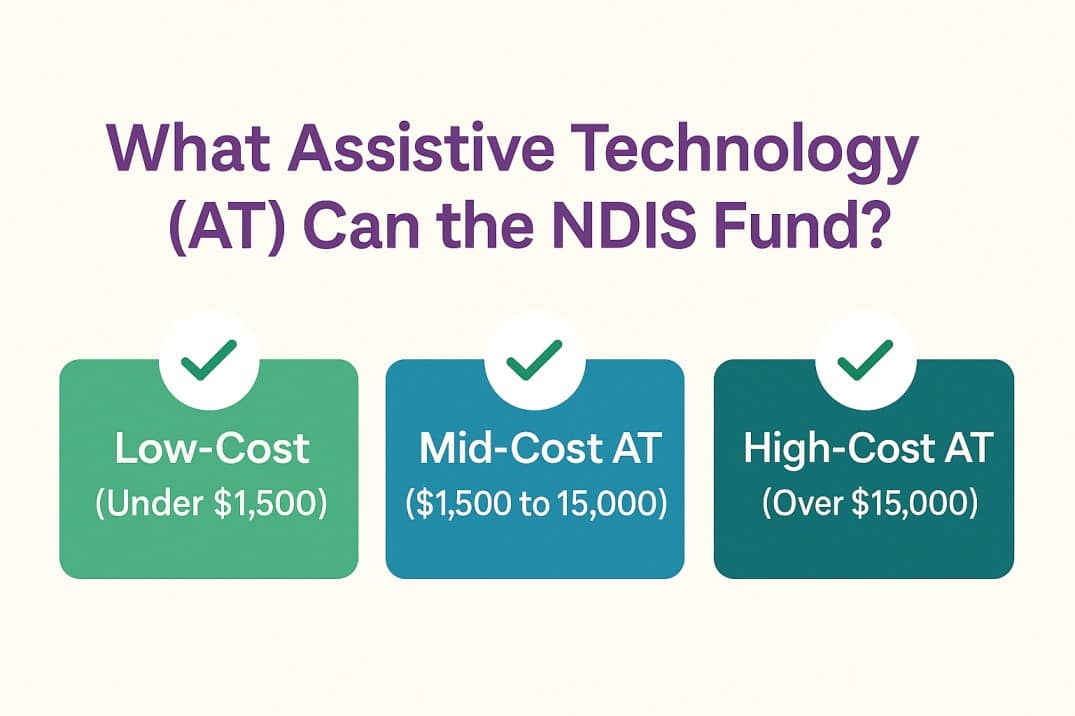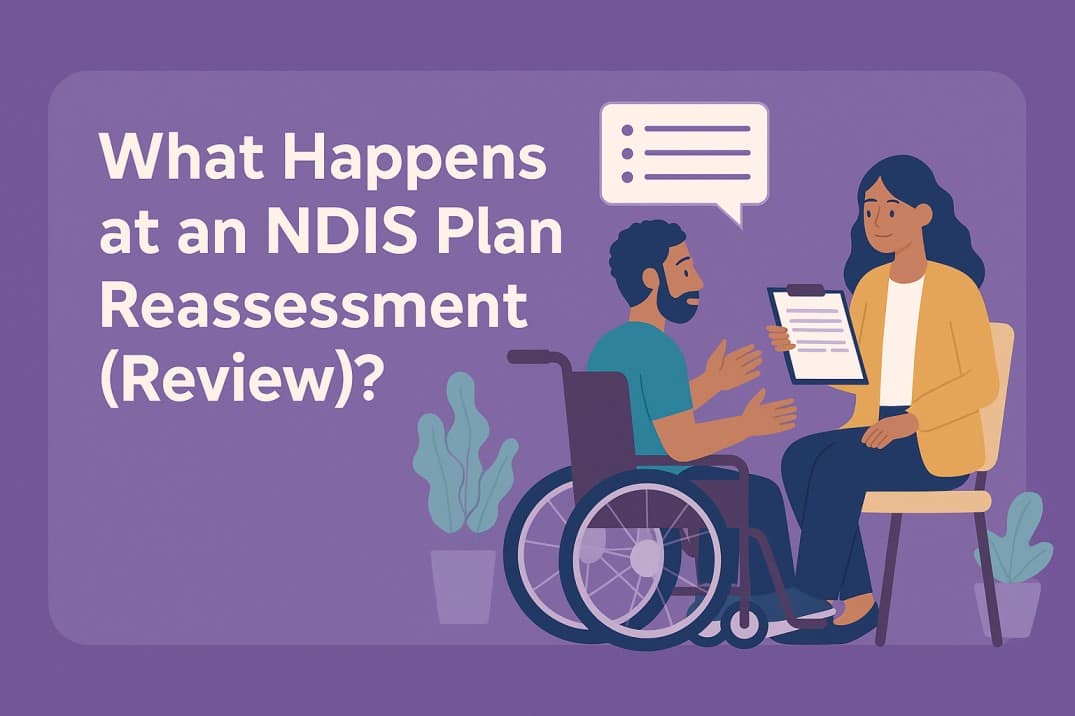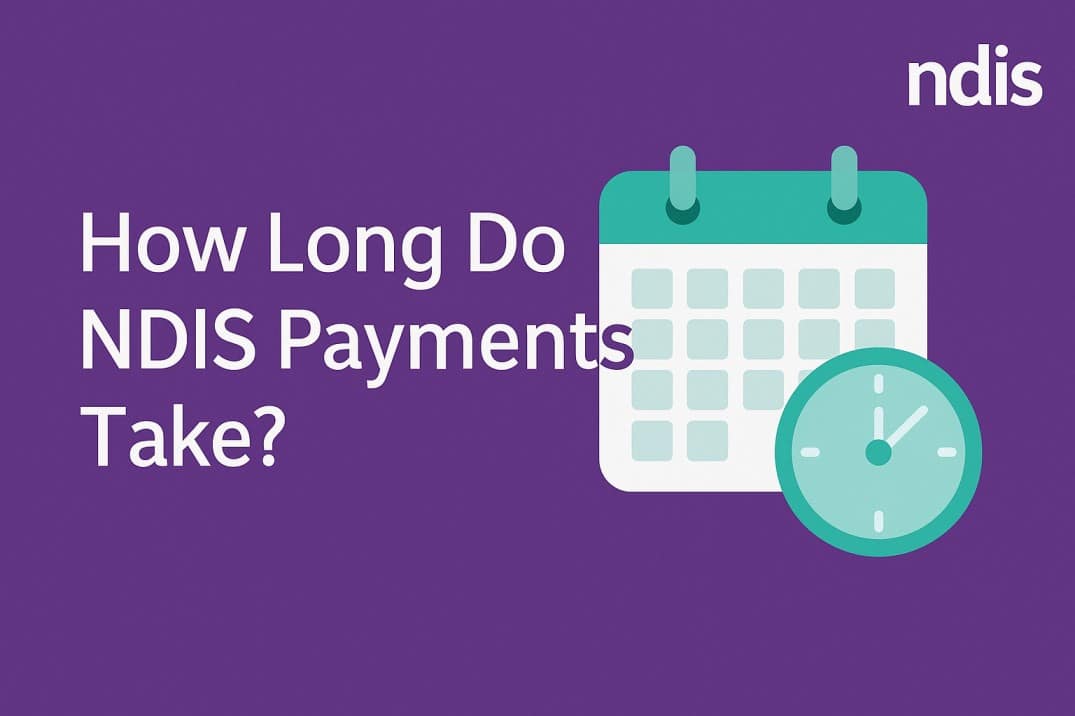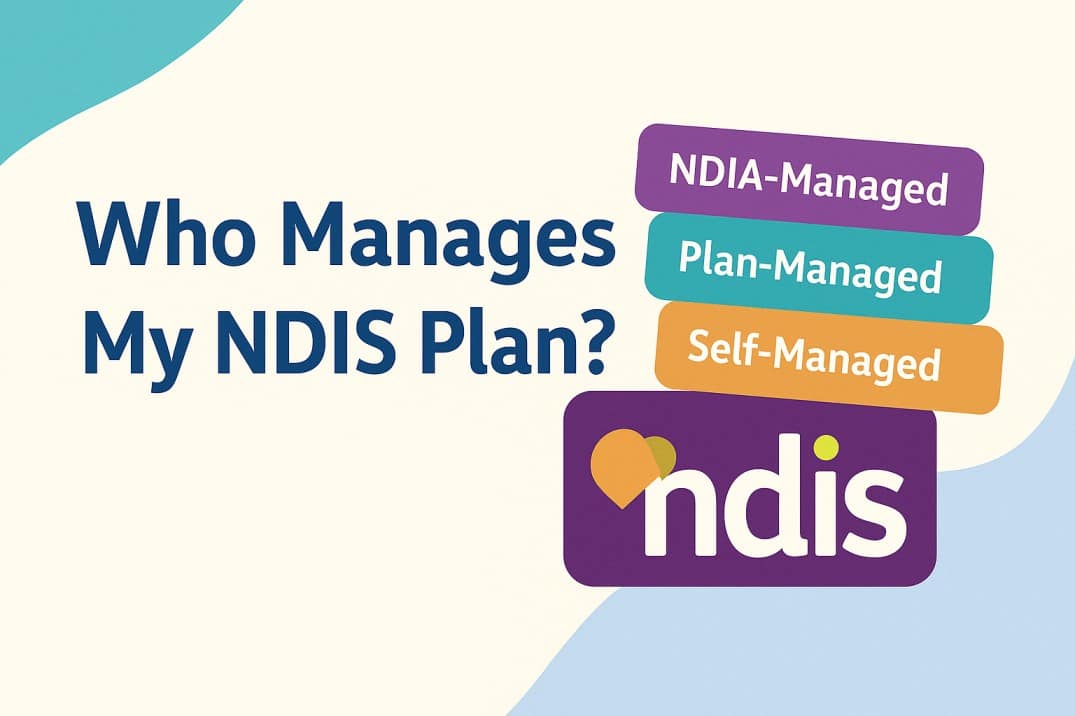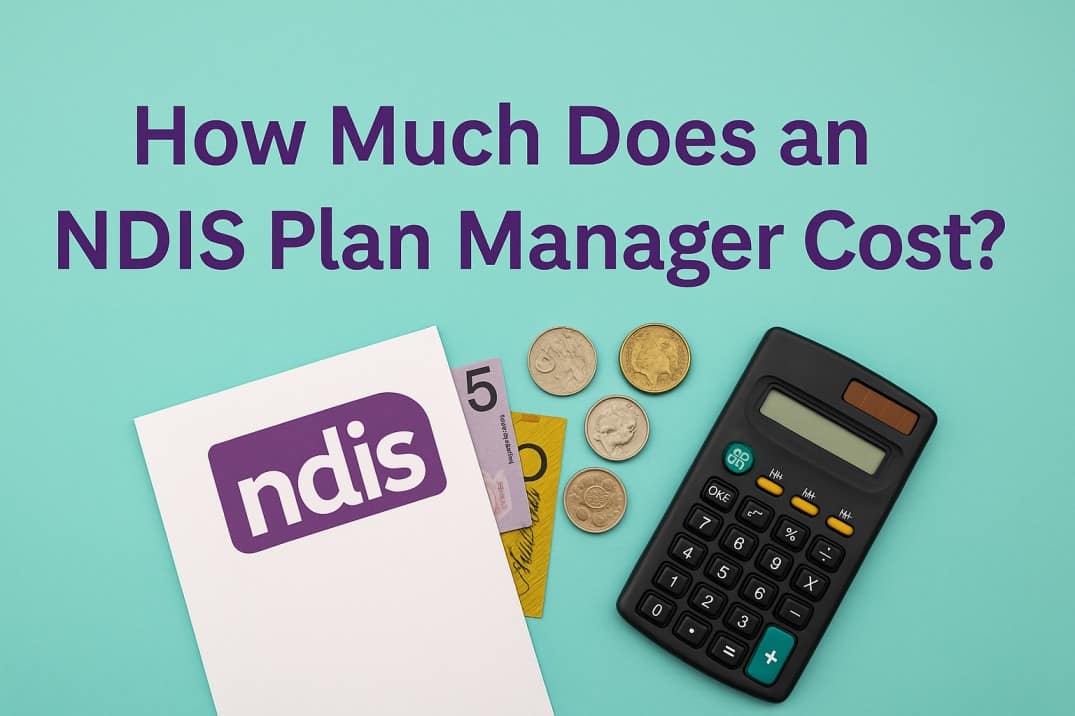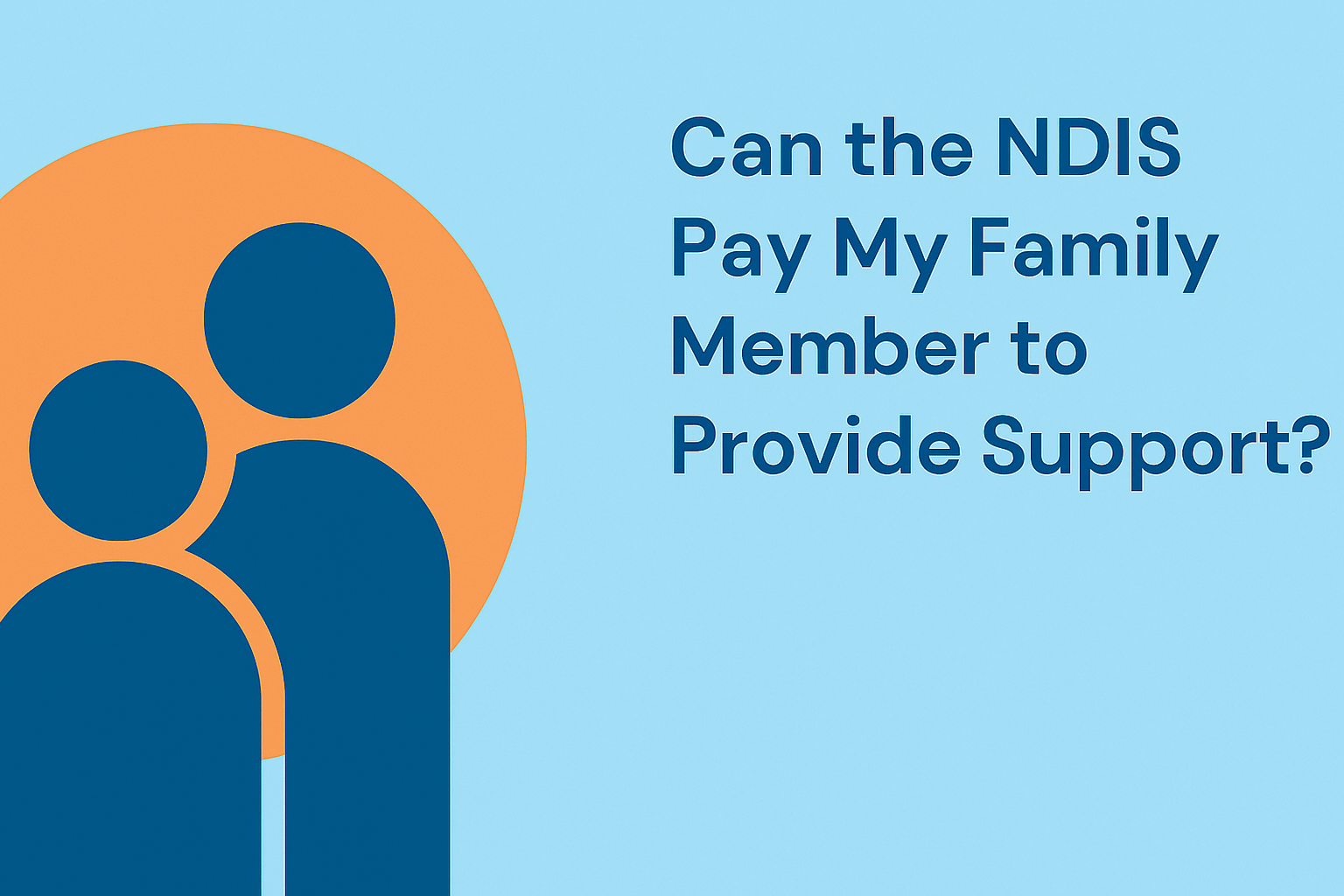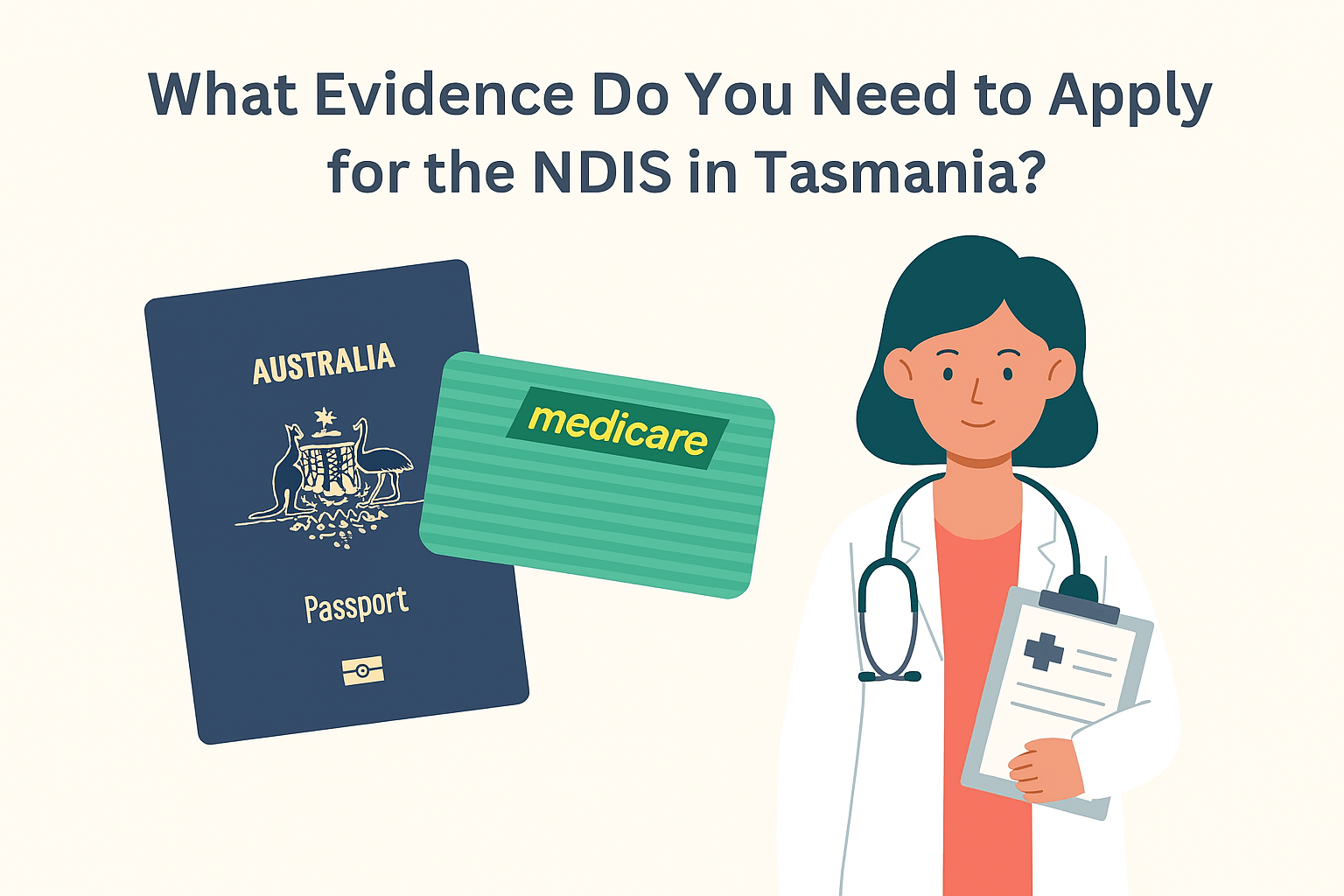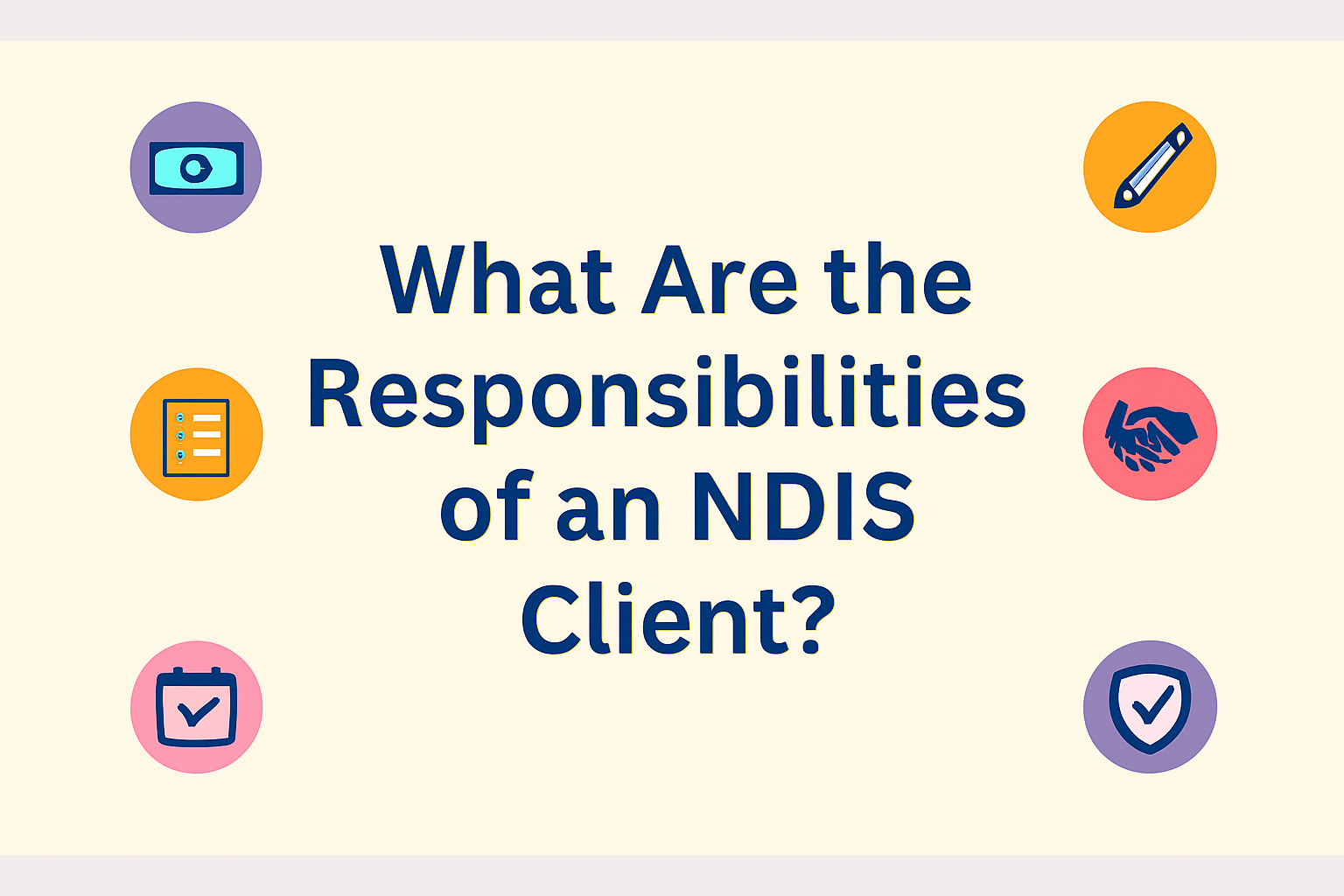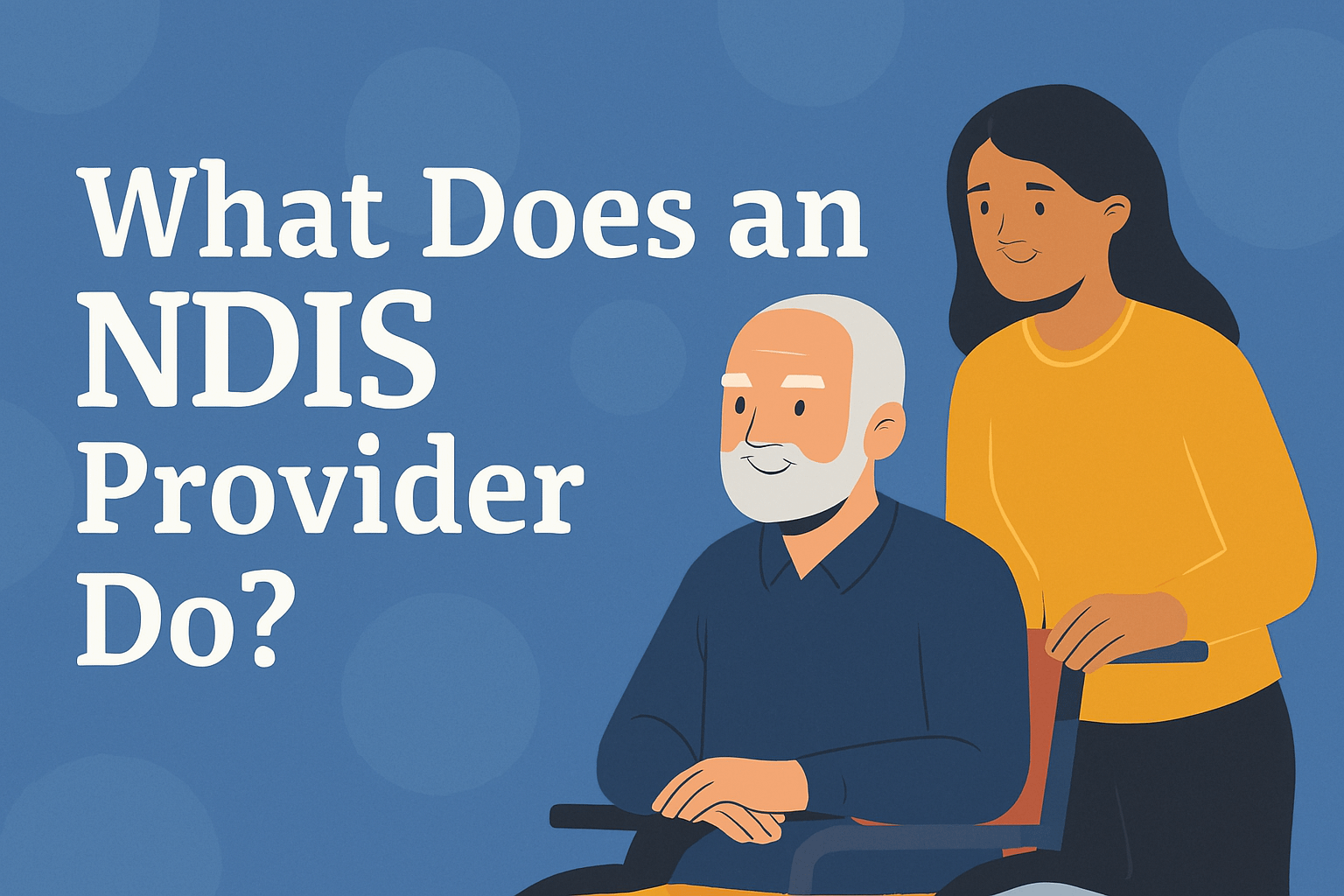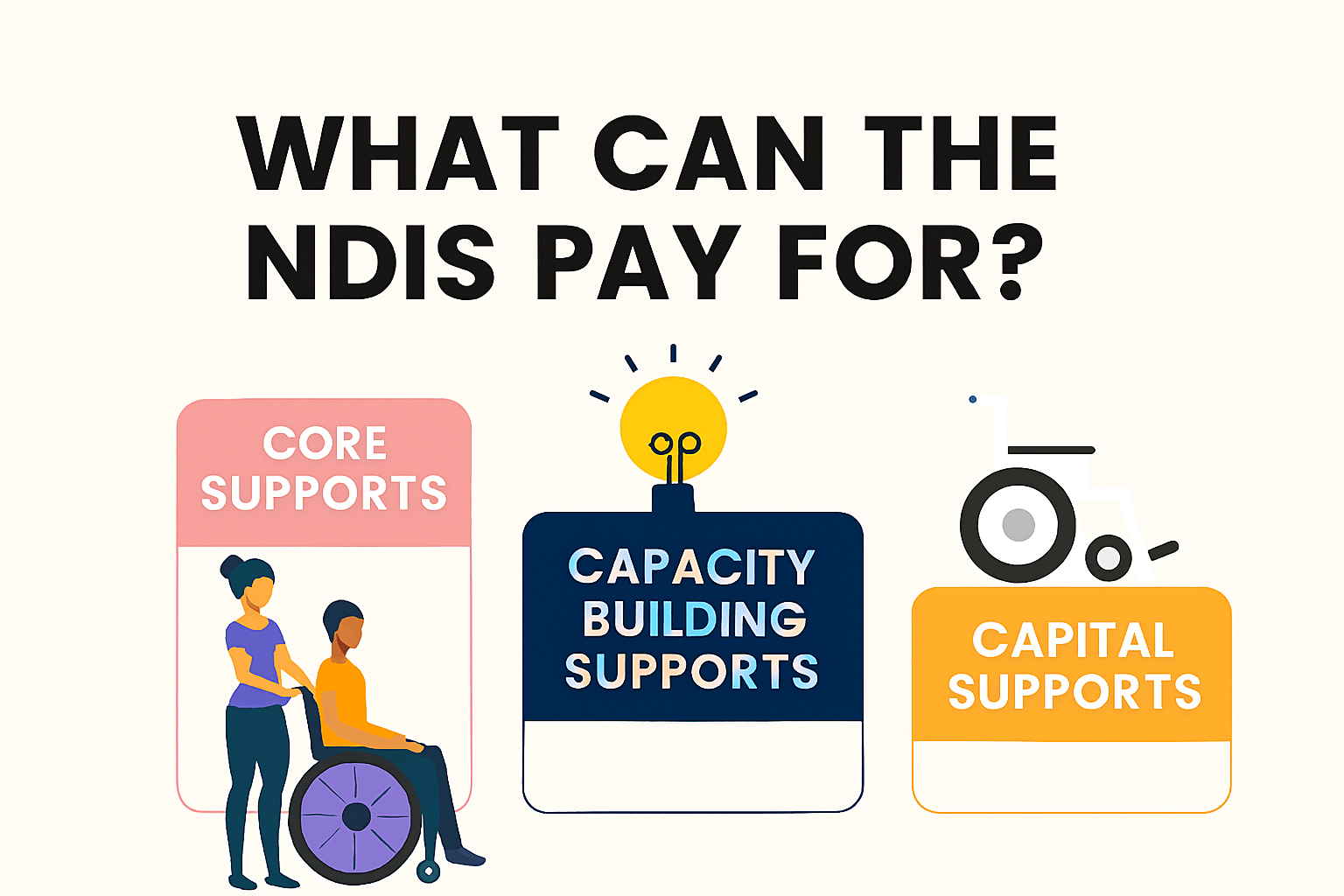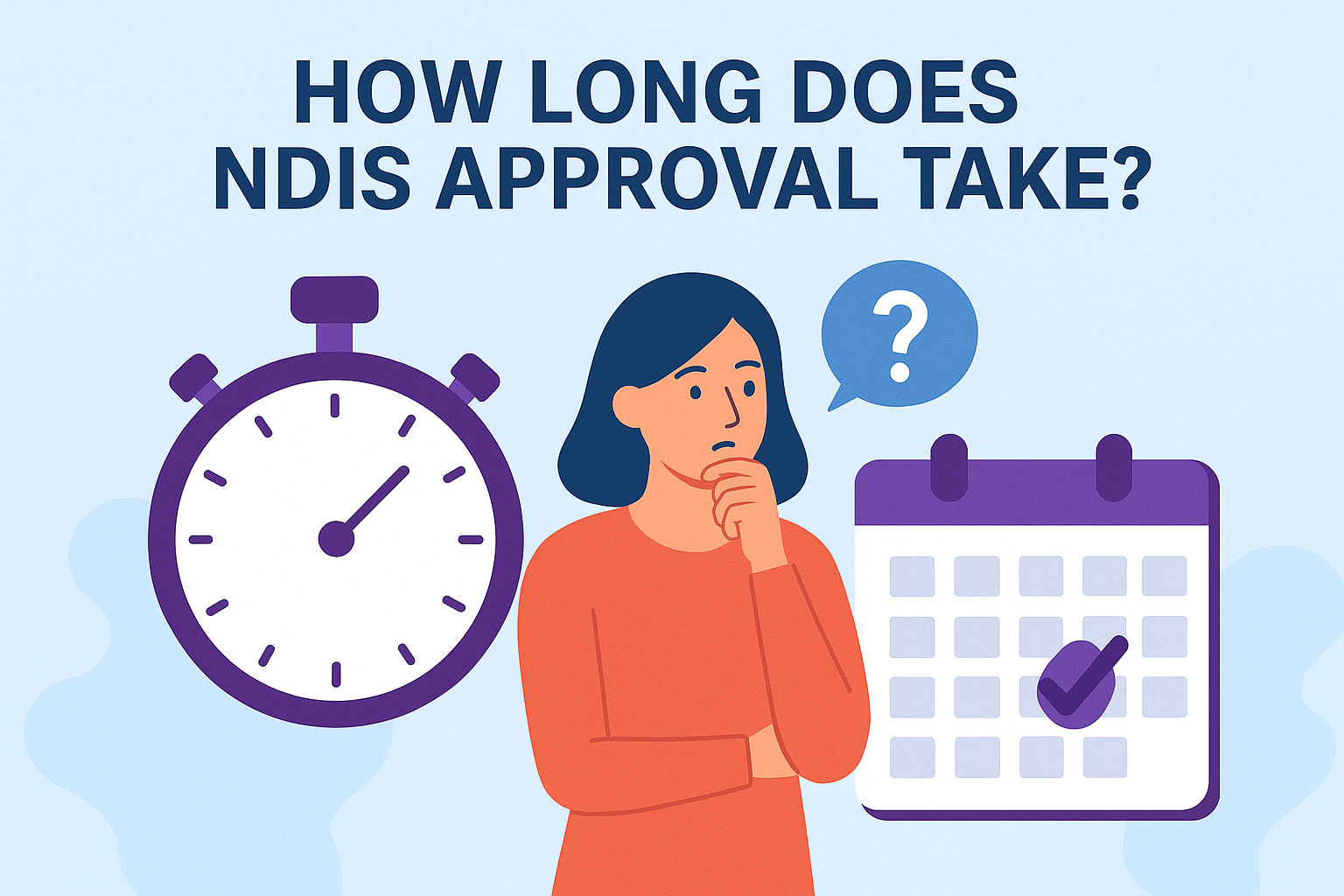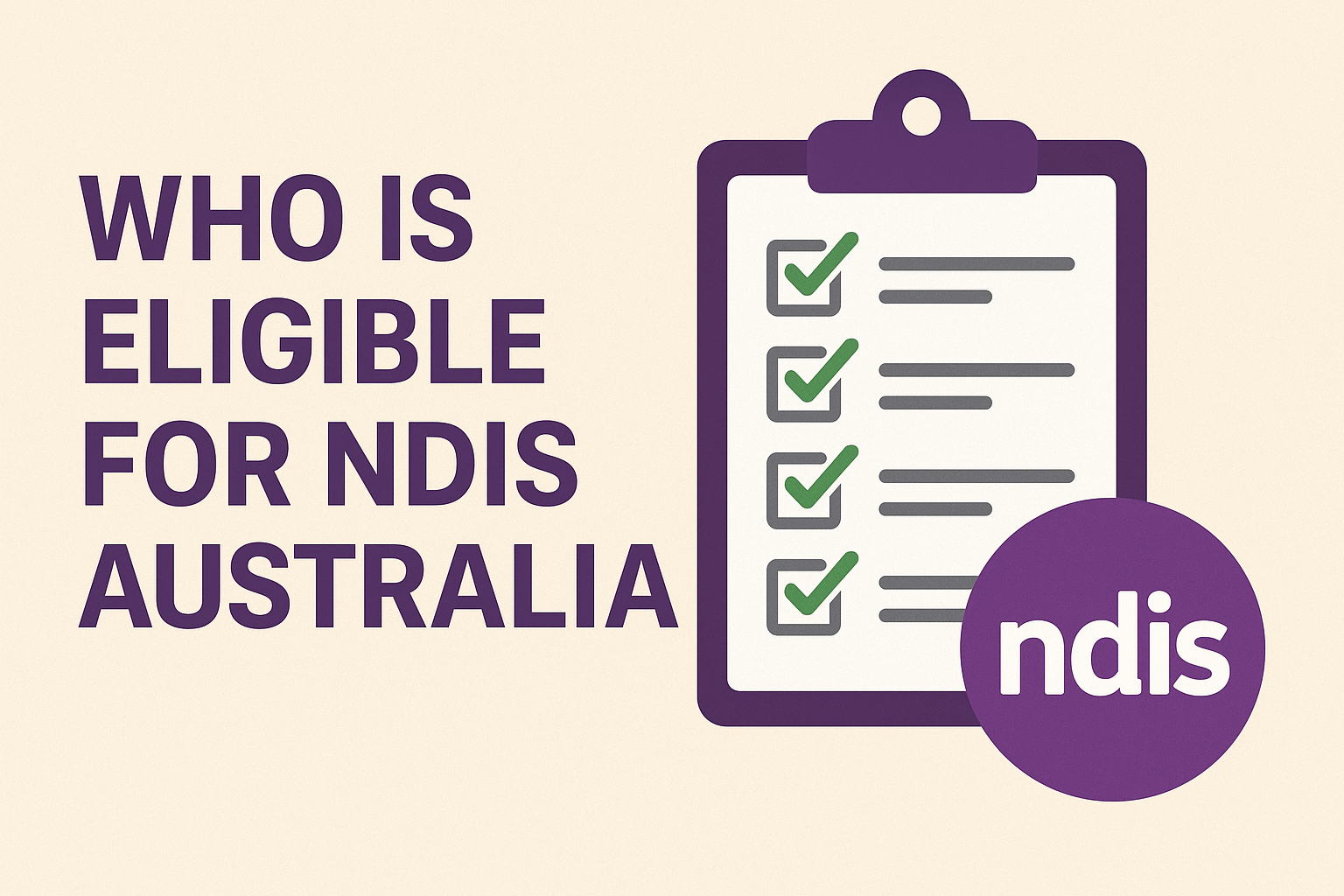If you’re new to the NDIS, you’ve probably heard the term “reasonable and necessary.” It’s an important phrase because it guides what supports and services the NDIS will fund. But what does it actually mean?
Breaking Down the Term
-
Reasonable: The support should be fair and make sense for your situation. It must represent good value for money and be something most people would consider practical.
-
Necessary: The support must directly relate to your disability and be essential for helping you live more independently, pursue your goals, and take part in everyday life.
What Does This Look Like in Practice?
Examples of supports that may be considered reasonable and necessary include:
-
Help with daily living tasks (like cooking, showering, or dressing)
-
Mobility aids, equipment, or home modifications
-
Therapy and skill-building activities
-
Support to join community or social activities
What the NDIS Doesn’t Cover
Supports won’t be funded if they are:
-
Day-to-day living costs not related to your disability (like rent or groceries)
-
Services that could be better provided by another system (like Medicare or education)
-
Anything harmful or illegal
How Pacific Community Care Can Help
At Pacific Community Care (PCC), we understand the NDIS rules can feel confusing. Our team can guide you through your plan, making sure your supports meet the reasonable and necessary criteria so you get the best from your funding.
Looking for an NDIS provider in Hobart? Get in touch with us today!
